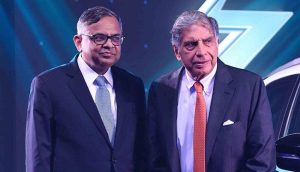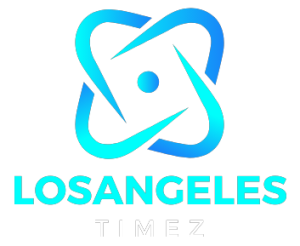Who Holds More Power Than a CEO?
Who Holds More Power Than a CEO?
In the corporate world, the CEO reigns supreme, right? Not exactly. While the Chief Executive Officer holds immense power, there are a couple of entities that can wield even greater influence. Let’s explore who sits above the CEO on the corporate food chain and how their power dynamics impact company decisions.
Understanding the Role of a CEO:
A CEO typically serves as the highest-ranking executive in a company, responsible for making major corporate decisions, managing resources, and ensuring the organization’s overall success. Their authority stems from their position atop the organizational hierarchy and their ability to shape strategic direction.
Factors Influencing Power:
Organizational Structure:
The power of a CEO can be influenced by the organizational structure. In a decentralized structure, power may be distributed among various departments and executives, diluting the CEO’s authority. Conversely, in a centralized structure, the CEO holds more concentrated power. Also, read about Is a CFO an Accountant
Decision-Making Authority:
The extent of decision-making authority granted to a CEO varies depending on company policies and governance structures. While some CEOs have broad autonomy to make unilateral decisions, others may require approval from a board of directors or shareholders.
Influence and Leadership:
Power is not solely derived from formal titles but also from personal influence and leadership qualities. A CEO who commands respect inspires confidence, and fosters collaboration may wield more power than one solely relying on positional authority.
Exploring Alternative Positions of Power:
Beyond the CEO, several other positions within an organization hold significant sway:
Board of Directors:
The board of directors, comprising seasoned executives, investors, and independent members, plays a crucial role in corporate governance. Collectively, they possess the power to hire and fire CEOs, approve major initiatives, and provide strategic guidance.
Founders and Owners:
In companies founded by entrepreneurs or held by a small group of owners, these individuals often retain substantial control over decision-making, irrespective of the CEO’s authority.
Key Stakeholders:
External stakeholders, such as major investors, government regulators, and influential customers, can exert considerable influence over a company’s operations and strategic direction. Discover more about Can a CA be a CFO

Comparative Analysis: CEO vs. Other Positions:
While the CEO holds considerable power, it is essential to recognize that power dynamics within organizations are multifaceted. Comparing the power of a CEO to that of other key stakeholders provides valuable insights into the broader landscape of corporate influence.
The Dynamics of Power: A Case Study Approach:
To illustrate the nuances of power dynamics within organizations, this section will analyze real-world case studies highlighting instances where individuals or groups wielded influence surpassing that of the CEO.
Conclusion:
In conclusion, the question of who holds more power than a CEO is not easily answered. While the CEO occupies a central position of authority within an organization, power is distributed across various roles and stakeholders, each contributing to the collective direction and success of the company.
FAQs:
Can a CEO be overruled by the board of directors?
Yes, in many cases, the board of directors has the authority to override decisions made by the CEO, particularly on significant strategic matters.
Do founders always have more power than CEOs?
Not necessarily. While founders may exert significant influence, especially in the early stages of a company, their power can diminish over time as the company grows and additional stakeholders become involved.
What role do shareholders play in influencing corporate decisions?
Shareholders, particularly those holding a significant stake in the company, can exert influence through voting rights and shareholder resolutions, which may impact decisions made by the CEO and the board of directors.
How does organizational culture affect power dynamics?
Organizational culture can shape power dynamics by influencing how decisions are made, how authority is delegated, and how conflicts are resolved within the company.
Are there instances where employees hold more power than the CEO?
While rare, there have been cases where collective action by employees, such as strikes or protests, has influenced corporate decision-making, highlighting the potential power of organized labor.
